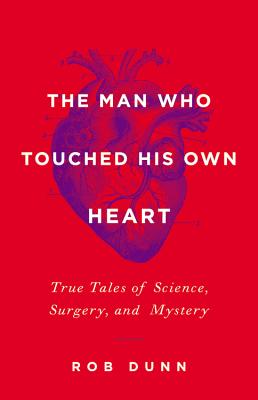Expedite your nonfiction book discovery process with Readara interviews, summaries and recommendations, Broaden your knowledge and gain insights from leading experts and scholars
In-depth, hour-long interviews with notable nonfiction authors, Gain new perspectives and ideas from the writer’s expertise and research, Valuable resource for readers and researchers
Optimize your book discovery process, Four-to eight-page summaries prepared by subject matter experts, Quickly review the book’s central messages and range of content
Books are handpicked covering a wide range of important categories and topics, Selected authors are subject experts, field professionals, or distinguished academics
Our editorial team includes books offering insights, unique views and researched-narratives in categories, Trade shows and book fairs, Book signings and in person author talks,Webinars and online events
Connect with editors and designers,Discover PR & marketing services providers, Source printers and related service providers

The Man Who Touched His Own Heart: True Tales of Science, Surgery, and Mystery
Science > History
- Little Brown and Company
- Hardcover
- 9780316225793
- 9.5 X 6.3 X 1.2 inches
- 1.3 pounds
- Science > History
- (Single Author) Asian American
- English
Readara.com
Book Description
The Man Who Touched His Own Heart tells the raucous, gory, mesmerizing story of the heart, from the first explorers who dug up cadavers and plumbed their hearts' chambers, through the first heart surgeries -- which had to be completed in three minutes before death arrived -- to heart transplants and the latest medical efforts to prolong our hearts' lives, almost defying nature in the process.
Thought of as the seat of our soul, then as a mysteriously animated object, the heart is still more a mystery than it is understood. Why do most animals only get one billion beats? (And how did modern humans get to over two billion, effectively letting us live out two lives?) Why are sufferers of gingivitis more likely to have heart attacks? Why do we often undergo expensive procedures when cheaper ones are just as effective? What do Da Vinci, Mary Shelley, and contemporary Egyptian archaeologists have in common? And what does it really feel like to touch your own heart, or to have someone else's beating inside your chest? Rob Dunn's fascinating history of our hearts brings us deep inside the science, history, and stories of the four chambers we depend on most.
Author Bio
Most of the living world remains poorly or totally unknown. In my lab we study the species around us in our everyday lives, species we tend to think of us as well known. Most of those species are not well known and so there are many things to discover in your backyard, in your bedroom, or even on your roommate.
Some days I work to study these species myself, bending down to figure out whether the fungus on my neighbor’s foot is a new species. More often I spent my time working with students and other researchers to help along their own discoveries. I also write about the world around us, which is a chance to share the stories of the scientists who have devoted their lives to understanding species, organs, cells, genes or ecosystems that influence us every day. In my building alone I am surrounded by biologists who study prairie voles, rare butterflies, fish ovaries, dinosaurs with long, long, claws, the decisions we make when threatened with death, alcoholic fruitflies, fungus farming beetles, and much, much more.
It is a good job, this thing called science, silly at times, serious at others, but nearly always good.
Source: North Carolina State University
Community reviews
No Community reviews





